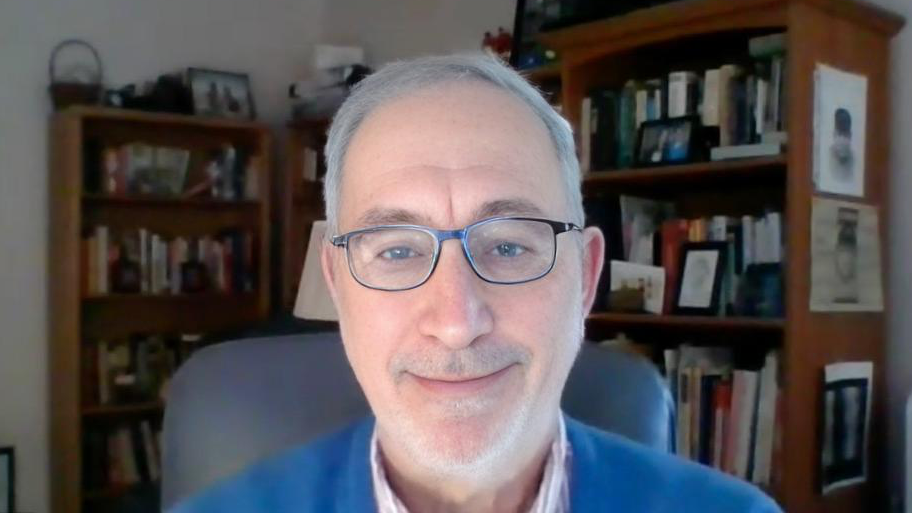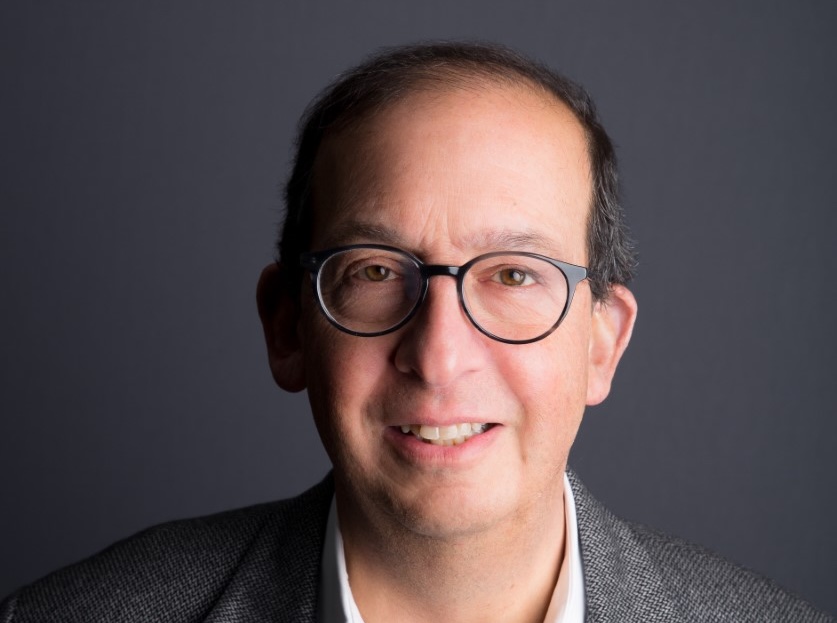The writer, analyst, and podcast co-host talks to Michael E. Hartmann about ideas, why we believe in the ones we do, and how sophisticated argumentation can better help us know that. “It’s perfectly all right with us to not find agreement,” he says.
By its own description, the Know Your Enemy podcast co-hosted by Sam Adler-Bell and Matthew Sitman, sponsored by Dissent magazine, is “a leftist’s guide to the conservative movement”—which it generally takes seriously and discusses knowledgeably.
Adler-Bell is a writer and policy analyst who contributes regularly to many publications that would be considered on the left. Sitman is the associate editor of Commonweal magazine and writes widely elsewhere, as well.
Both Know Your Enemy and their writing cover the ideas and personalities of the right, often including the role of philanthropy in supporting and influencing those ideas and personalities. According to Adler-Bell’s December 2021 article in The New Republic, “The Radical Young Intellectuals Who Want to Take Over the American Right,” for example, “because the right is not exempt from the iron laws governing left-wing nonprofits, highly educated elites tend to run Republican institutions, too.”
The podcast occasionally features conservative guests—including one of those “radical young intellectuals,” Ryan Hochman, in an engaging episode late last year that is still worth a listen.
Adler-Bell was kind enough to join me for a conversation last month. The just less than 11-minute video below is the first of two parts of our discussion; the second is here. In the first part, we talk about ideas, why we believe in the ones we do, and how sophisticated argumentation can better help us know that.
Adler-Bell and Hartmann
“I grew up in a milieu where left-wing ideas were totally normative, totally normal,” Adler-Bell tells me. “I inherited being a left-winger in a way. I had my ways of rebelling against my parents, which was mostly just to be even more left-wing than them.”
For him, he says, the value of Know Your Enemy is that “it has de-familiarized the left for me. I have to actually think a lot harder than I used to about why I’m a left-winger, why I’m a liberal, why I’m a progressive, as opposed to just accepting it as the water that I swim in.
“That’s really what I love about doing the podcast,” Adler-Bell later notes.
[U]ntil I started thinking about the right more and reading more about the right, I had really only been exposed to, frankly, the stupidest, the least-artful, the least-literary versions of right-wing thought. And that made it easy to be a left-winger. And I think that’s probably true for a lot of liberals … But I think that’s also true for a lot of people on the right. They’re only exposed to the most-odious versions of left-wing ideas, the least-sophisticated version of left-wing ideas. So you never really are challenged to figure out why you believe the things that you do.
Talking “to people who fundamentally disagree with you—maybe disagree with you about the most-precious, the most-important things in your life—it’s fascinating,” he says,
especially if you don’t go into it assuming that the goal is that we’re going to find some common ground in the middle. That might be a worthy goal for certain kinds of conversations and certainly in a liberal democracy, you have to do some of that, but our podcast isn’t Congress. … It’s perfectly all right with us to not find agreement, but certainly to clarify what our disagreements are.
In the conversation’s second part, Adler-Bell talks about how conservative philanthropy was caught flat-footed by the political ascendancy of conservative populism in 2016 and progressive and populist discontent with elites, potentially including nonprofit and philanthropic ones.


